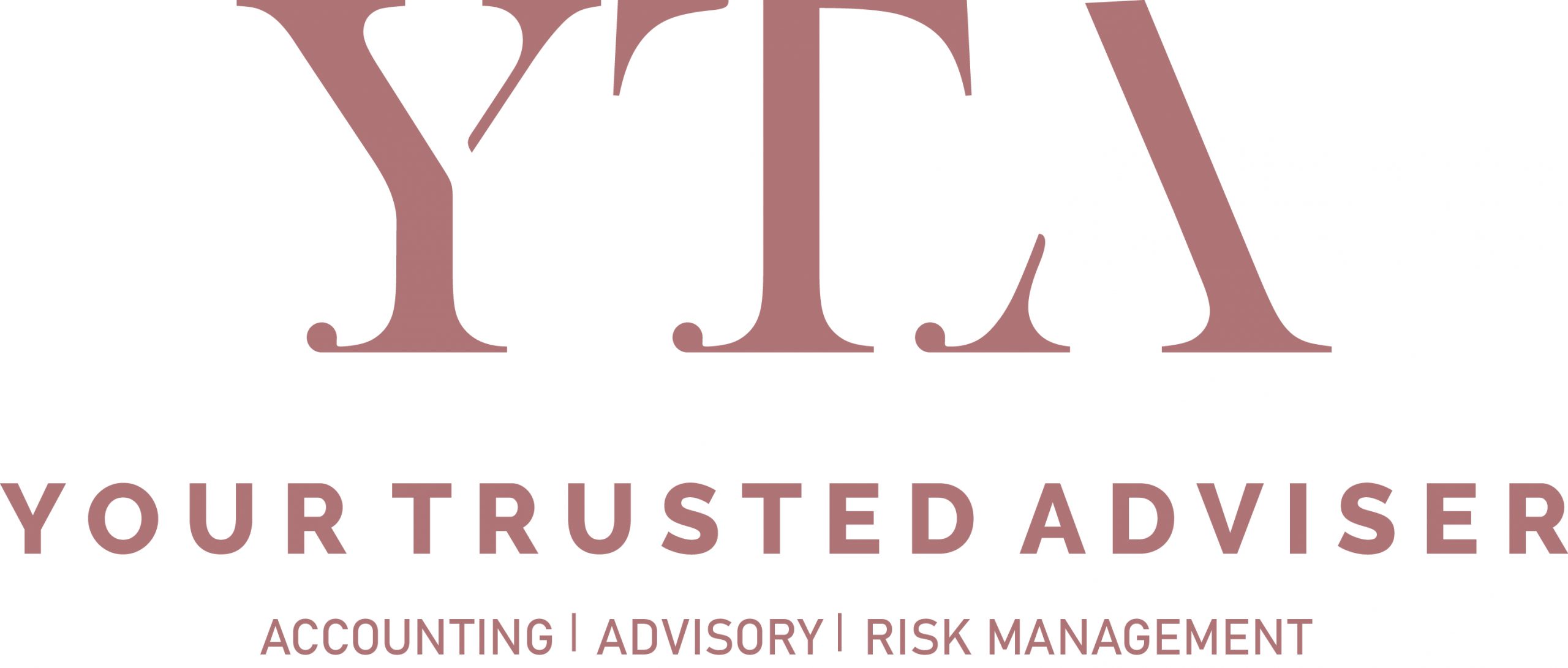RISK MANAGEMENT PLANNING
OVERVIEW
Risk is more than a popular board game. Risk is the exposure to danger or loss. It can manifest in organisations as market, credit or operational risks. Individuals are also not exempt from risks such as diseases, occupational hazards or income loss. Proactive measures to determine and manage potential risks will reduce the impact these undesirable occurrences have on your immediate and future financial health.
Let us begin with risk identification. Risks are generally categorised by their possibility of occurrence and their severity. Being struck by lightning is less likely than hurting your back during work, but the consequences are more severe.
Different risks are lurking in the corner too, as you enter various stages of life. An individual in the thirties may worry about pregnancy complications the mother may develop, while someone in their fifties may have concerns about sudden retrenchment or medical emergencies.
Since work occupies a significant portion of your daily life, occupational hazards also present genuine risks. It includes a wide spectrum of possible health hazards, from chronic back pain due to long hours of sitting in office, to disability caused by machinery malfunction.
Quality insurance can help preserve your hard-earned savings and offset a considerable percentage of medical expenses if you require hospitalisation and medical treatment. It can also provide replacement income in the event that an accident robbed you of the ability to continue working. This is particularly vital, as the risk of disease inevitably increases with age.
Get in Touch with us
Your Name (required)
After you have ascertained the risks, you can manage them with 4 general approaches: Avoid, Reduce, Retain, and Transfer. Some dangers, such as armed hostilities in foreign countries, can be avoided by doing prior research and changing travel plans. Reduce your risk by limiting exposure to undesirable factors or activity, e.g. cutting your sugar intake to lower the chances of contracting diabetes, lowering your investments in oil when prices are volatile.
 Risk retention is another strategy, whereby you undertake the risk instead of managing it. This is a feasible solution when the cost of minimising the risk far outweighs its consequences. Alternatively, transfer the risk to other parties or entities that can provide protection or compensation when the risk becomes a reality. Insurance is a prime example of risk transfer.
Risk retention is another strategy, whereby you undertake the risk instead of managing it. This is a feasible solution when the cost of minimising the risk far outweighs its consequences. Alternatively, transfer the risk to other parties or entities that can provide protection or compensation when the risk becomes a reality. Insurance is a prime example of risk transfer.
Quality insurance can help preserve your hard-earned savings and offset a considerable percentage of medical expenses if you require hospitalisation and medical treatment. It can also provide replacement income in the event that an accident robbed you of the ability to continue working. This is particularly vital, as the risk of disease inevitably increases with age.
If you have an elevated risk of a major illness, such as cancer or heart attack, consider critical illness insurance. It provides a lump sum payout when you are first diagnosed with a critical illness covered by the policy, so that you can receive proper treatment in the early stages of diagnosis. Most policies cover a maximum of 30 of the most common conditions, including stroke, coronary artery bypass surgery, and organ failure.
Income replacement schemes, such as a disability income insurance plan, will ensure that you and your family still receive a monthly income to keep up with commitments when you are unable to work due to an accident or illness. It pays up to 80% of your average monthly salary to alleviate your financial difficulties of income loss. You can still receive lowered, partial income from the policy when you have shown recovery, or if you found work that pays less than before the disability. That way, you can minimise the risk of a meltdown of your household finances, such as living expenses, mortgage servicing, and insurance premium payments.
As with financial planning, financial risk management is best administered by qualified and reliable professionals. Our team members at YTA are trained in this area to offer quality advice to individuals and businesses alike. We will first assess any inherent risks and provide solutions to mitigate them. All you need to do is complete the form at the ‘Contact Us’ page and we will get in touch with you shortly.
Get in touch with us now
Contact Us
Your Trusted Adviser Pte. Ltd.
60 Paya Lebar Road, #08-03B/C, Paya Lebar Square, Singapore 409051
(65) 6513 0842
(65) 6513 0842
info@ytadviser.com
![]()
Contact Us
Home
Service
Products
Promotions
Contact

